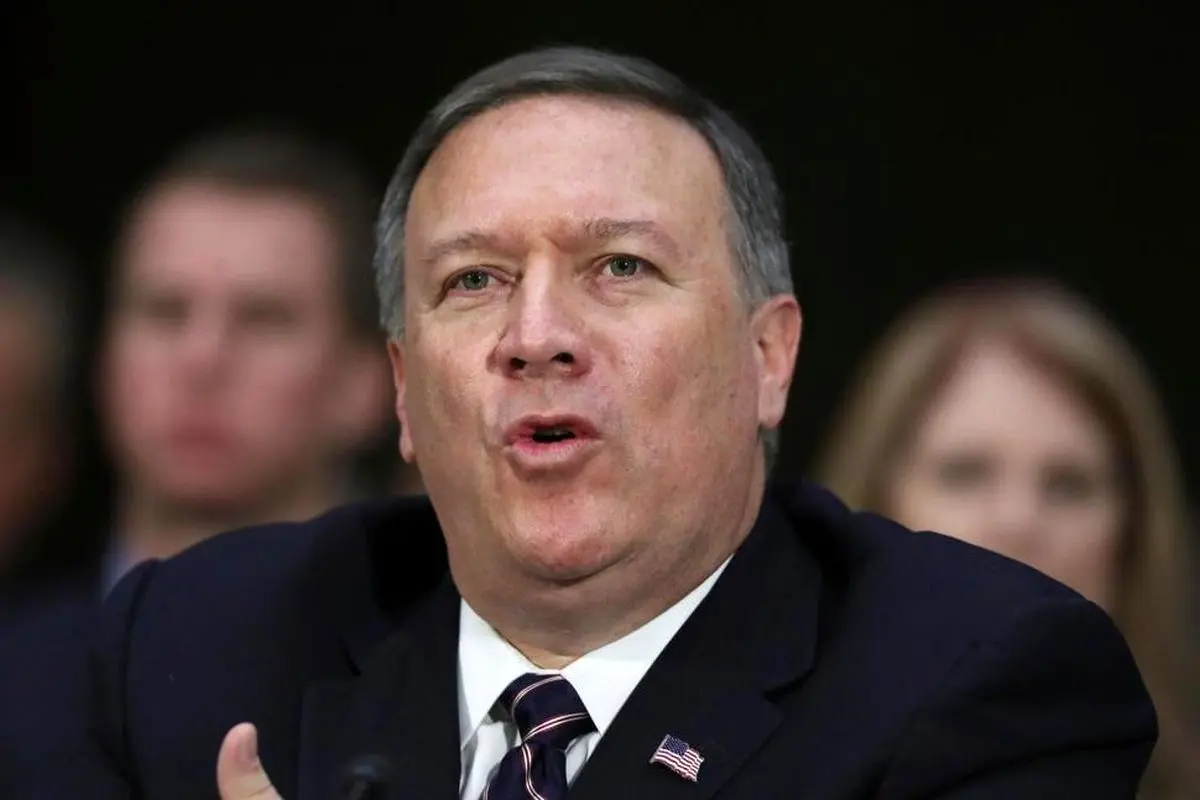China expels American journalists as spat with U.S. escalates

China is withdrawing the press credentials of American journalists at three U.S. newspapers, intensifying a bitter fight between the world’s top two economies that has widened to include the coronavirus outbreak and media freedoms.
Beijing announced on Wednesday what it said was retaliation against U.S. restrictions on Chinese journalists that includes revoking the accreditations of American correspondents with the New York Times (NYT.N), News Corp’s (NWSA.O) Wall Street Journal and Washington Post whose credentials expire by the end of 2020.
The move is a sharp escalation of a dispute that saw Washington last month force Chinese state media firms to register as foreign embassies.
Beijing then expelled three Wall Street Journal correspondents - two Americans and an Australian - following an opinion column by the newspaper that called China the “real sick man of Asia.”
Washington then slashed the number of journalists permitted to work in the United States at four major Chinese state-owned media outlets to 100, from 160 previously. It cited a “deepening crackdown” on independent reporting inside China.
Beijing said the expelled journalists would not be permitted to work in mainland China, Hong Kong or Macau. It said they must hand back their press cards within 10 days.
The expulsion is expected to affect at least 13 journalists, according to the Foreign Correspondents Club of China, which said it “deplores” China’s decision.
China’s foreign ministry did not immediately respond to a faxed request for comment on how many journalists are affected.
Beijing also said the China branches of the three papers plus the Voice of America broadcaster and Time magazine must “declare in written form information about their staff, finance, operation and real estate in China.”
WAR OF WORDS
The latest development follows a war of words between Washington and Beijing over the outbreak of the new coronavirus, which causes a highly contagious, sometimes fatal, respiratory illness COVID-19.
The virus originated in the Chinese city of Wuhan late last year and has so far killed 7,400 people globally, bringing normal life in many parts of the world to a standstill.
U.S. Secretary of State Mike Pompeo told reporters at a State Department news conference that Beijing’s move on Wednesday would deprive the world and the Chinese people of information in “incredibly challenging” times brought about by the coronavirus.
“I regret China’s decision today to further foreclose the world’s ability to conduct the free press operations that frankly would be really good for the Chinese people,” he said. “This is unfortunate... I hope they’ll reconsider.”
Media executives denounced the move.
“We unequivocally condemn any action by China to expel U.S. reporters,” Washington Post Executive Editor Marty Baron said in a statement. “The Chinese government’s decision is particularly regrettable because it comes in the midst of an unprecedented global crisis, when clear and reliable information about the international response to COVID-19 is essential.”
Dean Baquet, executive editor at The New York Times, also condemned the decision.
“It is a grave mistake for China to move backwards and cut itself off from several of the world’s top news organizations,” he said.
Matt Murray, editor in chief at The Wall Street Journal and Dow Jones Newswires, said: “We oppose government interference with a free press anywhere in the world. Our commitment to reporting fully and deeply on China is unchanged.”
Time Editor in Chief and CEO Edward Felsenthal said: “We oppose any effort by the Chinese government or any other government to expel reporters or intimidate those whose job is to provide accurate information, especially during this crucial period for the world.”
A representative of Voice of America was not immediately reachable.
END
